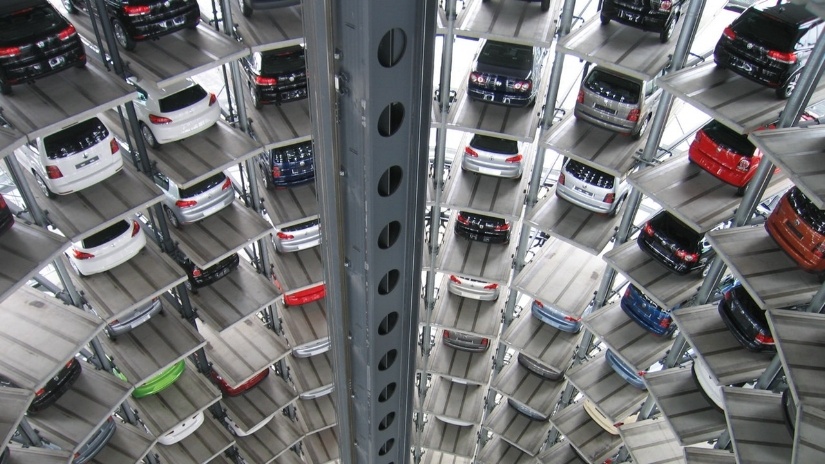
The options seem endless when choosing fleet vehicles, but the truth is that only a handful are likely a perfect match for your needs. Here’s what you should be looking at.
-
Purpose
It might seem straightforward, but fleet managers should always update the application or purpose of each vehicle in their fleet. You might be looking for a standard company car to be used by a salesperson, but the reality might be that the vehicle is often required to carry heavy loads as part of the job. In this case you’ll need a sturdier vehicle than initially expected to avoid excessive strain on the car, leading to massive repairs. Don’t settle for an ‘overview’ of what the vehicles will be used for – get the details.
-
Size, style and capacity
Closely linked to first point, you need to ensure your fleet vehicles perfectly fit the bill. Don’t simply look at boot space in litres – look at how carrying capacity is configured. If you’re transporting large loads, you may need a deeper boot – but if you’re simply looking for quantity, a sedan with fold-down rear seats might be the perfect answer.
The trick is to do your research, but also to test drive or look at the vehicles on your short list. This is the only way to spot impracticalities (does the boot open upward or sideways?) that will make a vehicle a hassle in the long run. No fleet manager wants to sign the paperwork, only to find out a week later that the chosen vehicles are causing concerns.
-
Regular routes and terrain
The type of roads and areas where the vehicles will be used should be a big deciding factor when picking vehicles for your fleet. In some cases ‘city’ routes are so marred by potholes that a bakkie or SUV makes more sense as it’s built to handle tougher conditions. Fleet managers need to be experts on the routes regularly driven by their vehicles as the wrong choice can end up costing a fortune in wheels, rims or suspension repairs. Vehicles not suited to their terrain will also use a lot more fuel, which will add a good chunk of unexpected costs to your fleet budget.
-
Maintenance and parts
Acquiring fleet vehicles is a big expense for any business, but the purchase price is just a once-off. Once you have the vehicles on fleet, you will be paying for maintenance, fuel and repairs. These can often add up to more than the sticker price if you don’t make the right choice. There is a lot of research available on parts pricing and maintenance costs, but figures will always vary depending on whom you ask. The safest route is to consult with an experienced fleet management company who will have all the necessary data to help you choose the right vehicles for your fleet.
-
Resale Value
Depending on the structure of your fleet, and whether you lease or buy, resale value can play a big deciding factor in your selection. If your fleet regularly cycles through vehicles before their warranties expire, then you need to opt for vehicles that will lose the least value, but still fit the purpose of use.
There are plenty of other factors to consider ranging from fuel consumption to safety and company image – all of these can make a difference in deciding which vehicles best suit your business. There’s no single way to go about it, but the five steps listed above should give you a good base to start from.
Use these pointers to whittle down your list of potential vehicles and remember that you can never do too much research.
